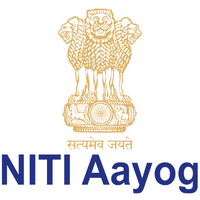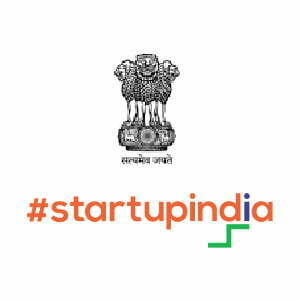“Startup” is frequently used as a catch-all buzzword in the business world. However, contrary to common assumption, the word isn’t exclusive to Silicon Valley’s scrappy tech firms. Not every startup is built to be the industry leader, and not every startup operates in the IT sector.
What is a Startup?
A startup is a business that is still in its early phases of development. Startups are founded by one or more entrepreneurs with the goal of creating original and incomparable goods or services. Its goal is to promote creativity and the rapid development of ideas. Founders typically fund their own businesses and may seek outside funding before they get off the ground. Funding sources include family, friends, venture capitalists, fundraising, and loans.
Types of Startups
There are commonly six types of startups:
- Scalable startups
- Small business startups
- Lifestyle startups
- Buyable startups
- Big business startups
- Social startups
Scalable startups
This category includes companies typically in the tech sphere. Technology businesses can readily access the global market because they frequently have a lot of potential. Investors can help IT companies expand into international corporations. Google, Uber, Facebook, and Twitter are examples of such startups. These businesses hire the finest employees and seek out investors to help them grow their businesses. This type of startup necessitates extensive market research to find exploitable market possibilities. A scalable startup might be right for you if:
- Your business concept has a large market and a lot of room for expansion.
- You’re a trailblazer who isn’t afraid to go against the norm.
- You want to be the industry’s alpha player.
Small Business Startups
Small business startups place a higher focus on longevity than scalability. These small startup enterprises are able to generate adequate funds for financial stability by catering to a narrow target audience. Family-owned and operated hairdressers, grocery businesses, and bakers are common types of small business startups. A small business startup may be a right fit for you if:
- You intend to run your business with the help of locals and family members.
- You want to concentrate on growing your community.
- Rather than focusing solely on earnings, you want to concentrate on building a long-term business.
Lifestyle Startups
A lifestyle startup can be started by people who have passions and are keen to work on them. They can make a living doing something they enjoy. There are numerous examples of lifestyle startups. Consider the case of musicians. They actively build online music schools to teach people how to sing while also earning money. Lifestyle startup may be a right fit for you if:
- You have a hobby that you could do all the time.
- You’re self-disciplined and self-motivated enough to be your own boss.
- You’re enthusiastic and inventive.
Buyable Startups
These types of startups are frequently related with software and technology. In buyable startups, some people create a business from scratch with the intention of later selling it to a larger corporation. For example, Amazon and Uber, buy small firms in order to build them over time and reap the benefits. A buyable startup might be right for you if:
- You want to start a business but don’t want to commit to running it long-term.
- You have a great startup idea with a lot of room for expansion.
- You’re a “Serial Entrepreneur.”
Big Business Startups
Large corporations have a limited lifespan. Customer tastes shift, new technologies emerge, legislation concerns arise, and new competitors emerge, putting pressure on giant corporations to develop new inventive goods for new customers in new areas for example, Google and Android. A big business startup might be right for you if:
- You already have a large and profitable business.
- You want to diversify or enter a new market that isn’t already served by your organization.
- You need a strategy to compete with new enterprises and stay on top of market changes.
Social Startups
Social startups include charities and nonprofit organizations. They scale for the sake of altruism. They function in the same way as any other startup, but with the support of funding and donors. A social startup might be right for you if:
- You want to create a business that has a positive social or environmental impact.
- You are not interested in establishing a business for the sake of making money.
- You’ve come up with a solution to an issue that affects a large number of people, particularly in remote communities.























